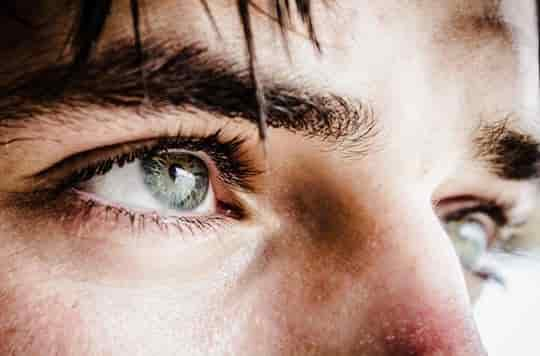Early diagnosis is critical to Alzheimer’s disease as it allows treatments to begin sooner.
A reduced number of blood vessels in the back of the eye could help diagnose Alzheimer’s disease early, research finds.
A simple test with infrared cameras looking into the back of the eye could spot the disease.
The eye provides a mirror to what is going on in the brain.
Early diagnosis is critical to Alzheimer’s disease as it allows treatments to begin sooner.
The scientist were able to use the eyes to diagnose forgetfulness, which is a common precursor to developing Alzheimer’s.
Professor Amani Fawzi, study co-author, said:
“Once our results are validated, this approach could potentially provide an additional type of biomarker to identify individuals at high risk of progressing to Alzheimer’s.
These individuals can then be followed more closely and could be prime candidates for new therapies aimed at slowing down the progression of the disease or preventing the onset of the dementia associated with Alzheimer’s.”
The conclusions come from a study of 32 people who displayed signs of dementia, such as forgetfulness.
These were compared to 32 matched controls who were cognitively normal.
The results showed that people with memory problems also had reduced blood capillaries in the back of their eyes.
Professor Fawzi said:
“Ideally the retinal findings would correlate well with other brain biomarkers.
Long-term studies are also important to see if the retinal capillaries will change more dramatically in those who progressively decline and develop Alzheimer’s dementia.”
The study was published in the journal PLOS ONE (Zhang et al., 2019).

